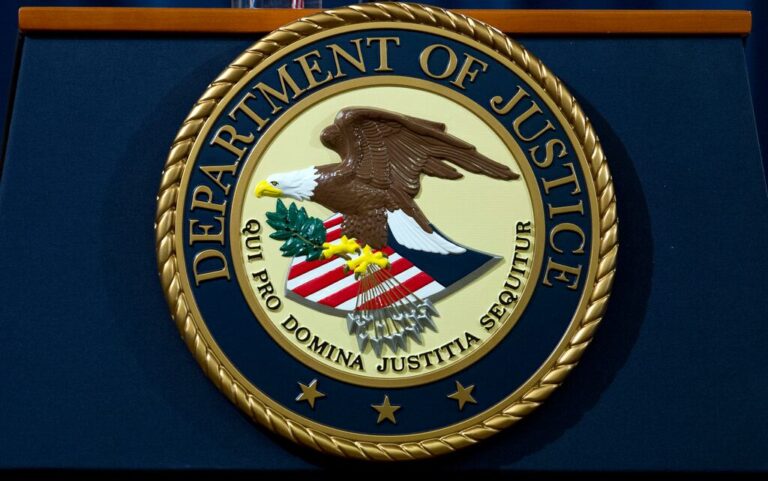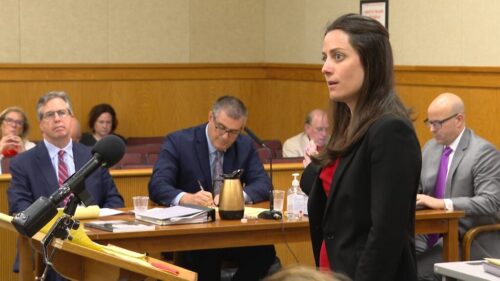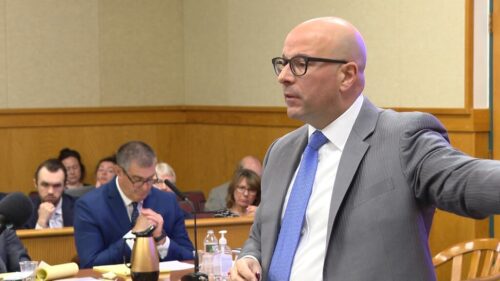PROVIDENCE – A Rhode Island man has admitted to laundering more than $35 million in cash swindled out of victims of internet fraud schemes, from romance to business scams, and then lying to authorities.
Craig Clayton, 75, of Cranston, pleaded guilty to one count of money laundering conspiracy and one count of obstruction of justice in US District Court in Boston on May 8, according to the Massachusetts US Attorney’s Office.
Clayton was arrested in February 2023, after prosecutors said he and others used his accounting and “virtual CFO” business, Rochart Consulting, as a laundering front from 2019 to 2021. The cash came from victims who were swindled in internet schemes that targeted the elderly and others with business and romance scams, respectively, prosecutors said.
Scams are getting more sophisticated. Here’s how to stay safe.
“As part of the conspiracy, Clayton founded shell companies to open business bank accounts in Rhode Island and Massachusetts, through which he laundered the proceeds of internet fraud schemes on behalf of his foreign-based clients,” prosecutors said. “In total, Clayton laundered more than $35 million.”
One of his companies was Providence Sanitizer, Inc., which purported to sell “hand sanitizers through distributors” but the business was actually a means for Clayton to launder at least $16.8 million, according to the criminal complaint filed in court.
Through the operation, Clayton often sent money overseas, including to bank accounts in China, Switzerland, Austria, Hong Kong, Thailand, Singapore, India, Ukraine, Malaysia, Poland, and Turkey, prosecutors wrote.
Officials suggested Clayton was well aware of his illicit activity, as Clayton himself noted to one of his co-conspirators they were “money mules complicit in [Rochart’s clients’] offenses” and that “opens [them] up to charges.”
“Additionally, in encrypted communications with one of his client co-conspirators, Clayton expressed concern that his phone was ‘tapped’ by law enforcement and sought to obtain ‘dirt’ on a victim who had reported the fraud scheme in order to ‘distract the police,’” prosecutors said.
When banks and law enforcement officers began to probe Clayton’s business, he lied to them, claiming his “shell companies were legitimate businesses, among other things,” prosecutors said.
“Further, during a recorded conversation with an undercover law enforcement agent posing as a potential client, Clayton noted that Rochart does not ‘deal with anyone who has law enforcement connections,’” officials said. “After he became aware that a federal grand jury was investigating him, Clayton attempted to obstruct the ongoing investigation by making several false statements to federal agents during an interview.”
According to a plea deal filed in court in February, Clayton and prosecutors agreed on a minimum 2½-year recommended prison sentence – not to exceed 6½ years – and 36 months of supervised release.
Clayton must also pay $140,000 in restitution and forfeit more than $330,000 and a 2016 Mercedes Benz, under the terms of the agreement.
He is scheduled to be sentenced on Aug. 13.




Comment count: